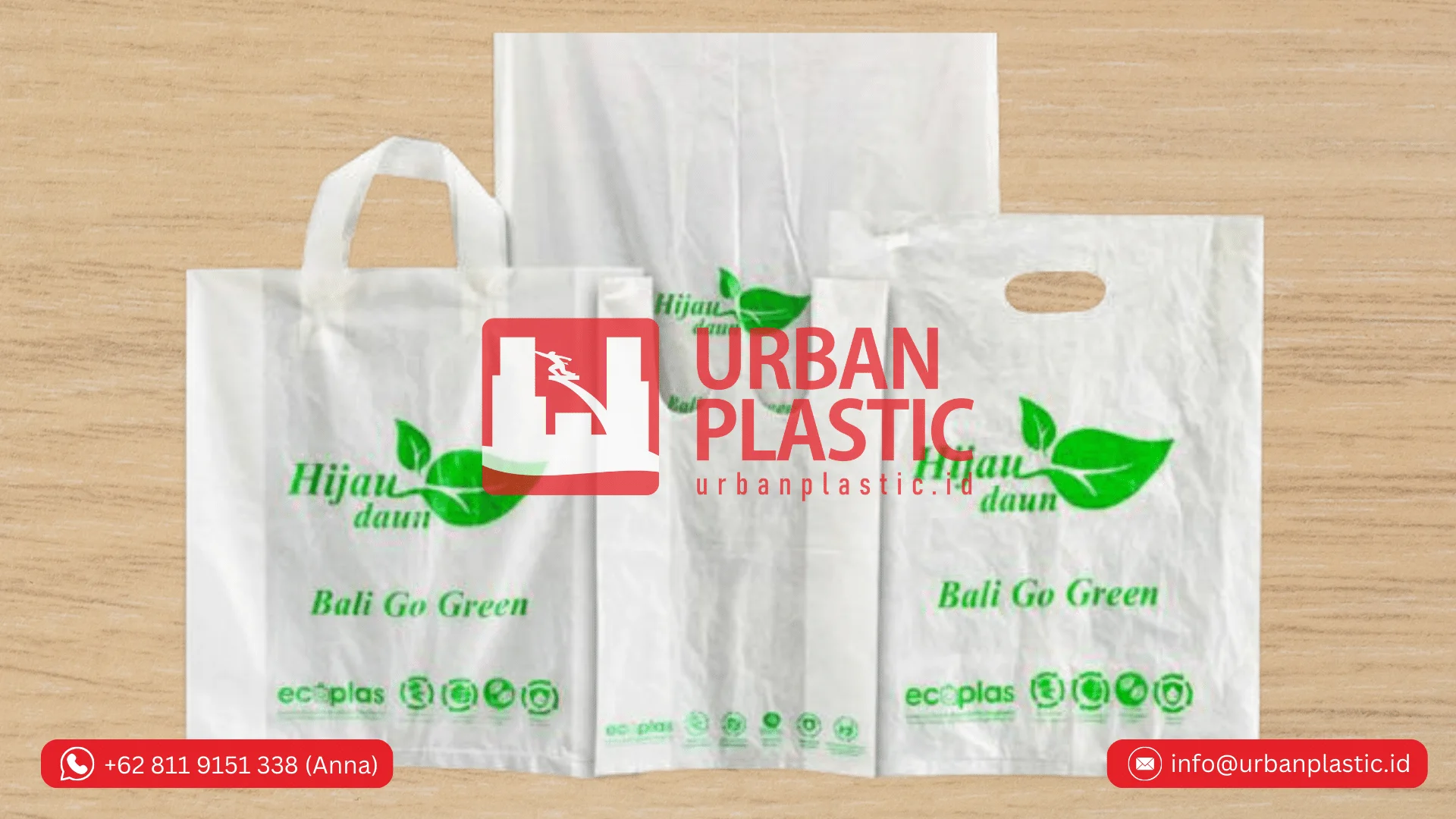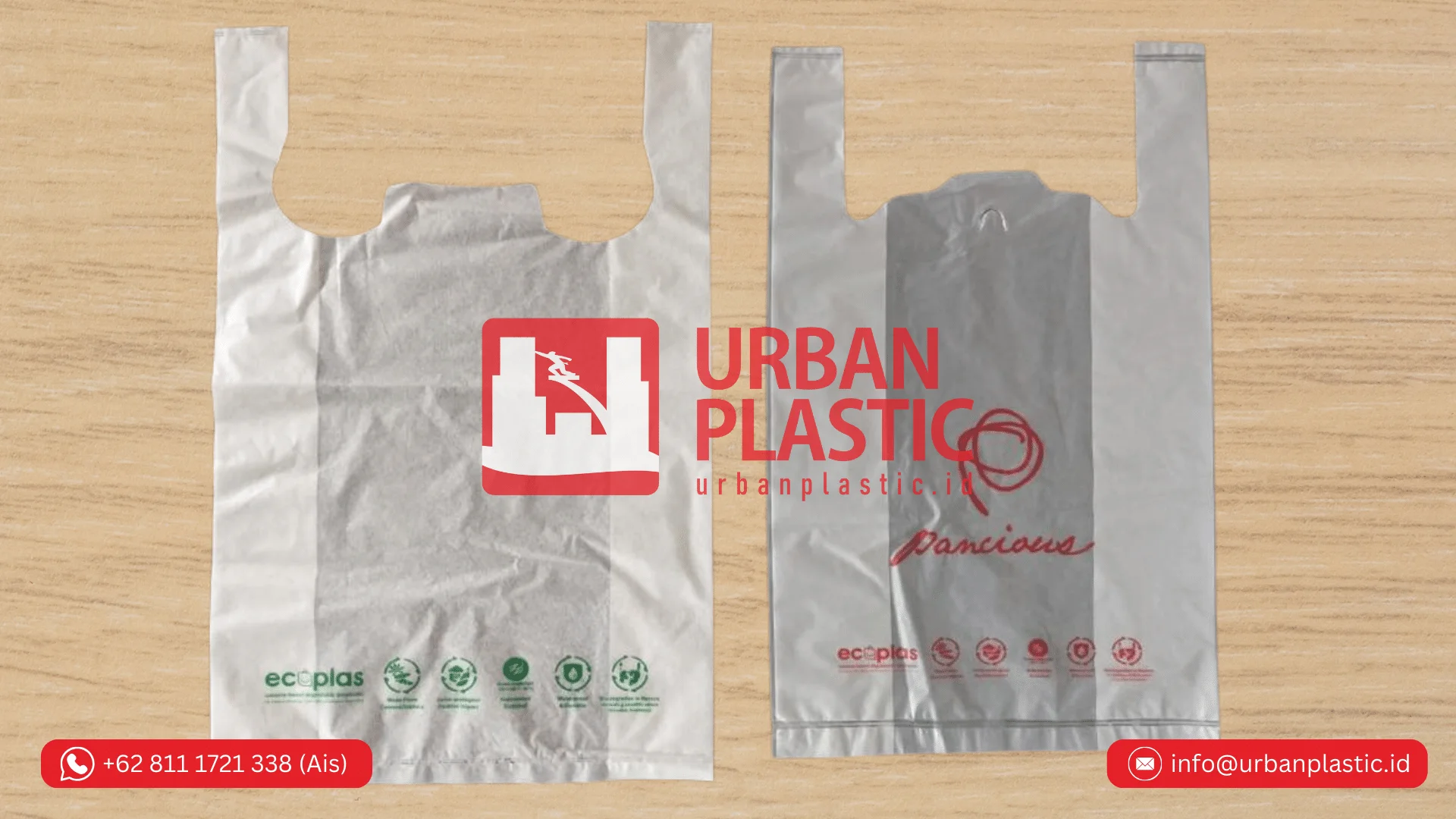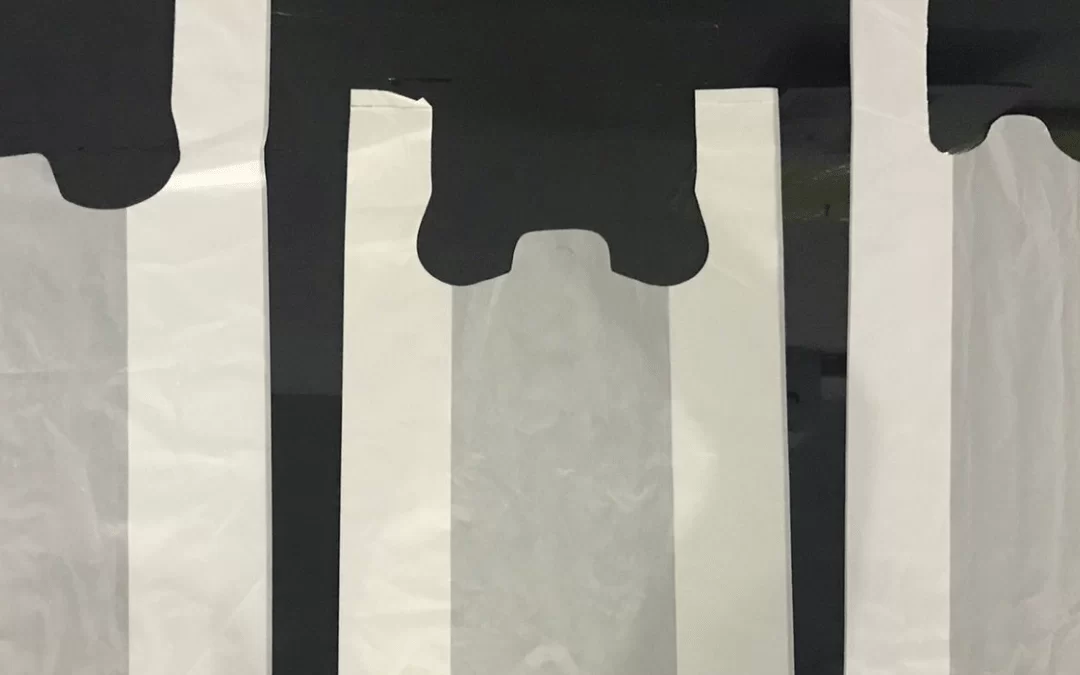In the ever-evolving world of sustainable packaging, Indonesian cassava bag exporters are making significant strides towards revolutionizing the industry. With a focus on eco-friendly solutions, these exporters are paving the way for a greener future.
Indonesia, known for its vast cassava plantations, has found a unique way to utilize this abundant crop – by transforming it into biodegradable bags. These innovative bags offer a sustainable alternative to traditional plastic packaging, which is notorious for its detrimental impact on the environment.
By incorporating keywords in the article, such as “cassava bags” and “sustainable packaging,” readers who are actively seeking information on eco-friendly solutions will be captivated by the article’s relevance to their interests.
With its brand voice, the introduction can be tailored to engage the readership of the brand, showcasing the brand’s commitment towards sustainability and innovative solutions in packaging.
Indonesia’s cassava bag exporters are undoubtedly driving change and playing a crucial role in reducing plastic waste. Stay tuned to discover the fascinating ways these entrepreneurs are transforming the packaging industry, one cassava bag at a time.


The Environmental Impact of Traditional Plastic Packaging
Plastic packaging has become an integral part of our daily lives, from food containers to product packaging. However, the environmental impact of traditional plastic packaging is staggering. These non-biodegradable materials take centuries to decompose, contributing to the ever-increasing global plastic waste crisis. The accumulation of plastic waste in landfills and oceans poses a significant threat to ecosystems and marine life.
The production of plastic packaging also requires the extraction of fossil fuels, contributing to greenhouse gas emissions and climate change. Additionally, the manufacturing process generates toxic byproducts that can harm human health and contaminate natural resources.
It is clear that a sustainable alternative to traditional plastic packaging is urgently needed to mitigate these environmental consequences. This is where cassava bags come into play.
The Rise of Sustainable Packaging Solutions
In recent years, there has been a growing awareness of the need for sustainable packaging solutions. Consumers are increasingly demanding products that align with their values and have a minimal impact on the environment. This shift in consumer behavior has prompted businesses to seek eco-friendly alternatives to traditional packaging materials.
Sustainable packaging solutions aim to reduce waste, conserve resources, and minimize the carbon footprint throughout the entire lifecycle of a product. There are various approaches to achieving sustainability in packaging, including the use of renewable materials, recyclable or compostable packaging, and reducing packaging waste.
Cassava bags have emerged as a promising sustainable packaging solution, offering numerous advantages over traditional plastic packaging.
Cassava Bags as an Eco-Friendly Alternative
Cassava bags, also known as biodegradable bags or bio-based bags, are made from cassava starch and other natural materials. Cassava, a root vegetable widely cultivated in Indonesia, provides an abundant and renewable source of raw material for these innovative bags.
Unlike traditional plastic bags, cassava bags are fully biodegradable, meaning they can decompose naturally and return to the environment without leaving harmful residues. They are also compostable, breaking down into organic matter that enriches the soil.
In terms of performance, cassava bags are comparable to traditional plastic bags. They are strong, durable, and water-resistant, making them suitable for a wide range of applications. From grocery shopping to packaging delicate items, cassava bags offer a versatile and eco-friendly solution.
Advantages of Cassava Bags for Exporters
For exporters, cassava bags present numerous advantages that make them an attractive choice for packaging and shipping products. First and foremost, using cassava bags aligns with the growing demand for sustainable products. Consumers are increasingly conscious of the environmental impact of their purchases and prefer brands that prioritize sustainability.
By packaging products in cassava bags, exporters can differentiate themselves in the market and enhance their brand image. This can lead to increased customer loyalty and attract environmentally conscious consumers who actively seek out eco-friendly packaging.
Furthermore, cassava bags offer a cost-effective alternative to traditional plastic packaging. While the initial manufacturing costs may be slightly higher, the long-term benefits, such as reduced waste management expenses and potential marketing advantages, make cassava bags a wise investment.
Case Studies of Successful Cassava Bag Exporters in Indonesia
Several Indonesian companies have embraced cassava bags as a sustainable packaging solution and have achieved remarkable success in the export market. These case studies provide valuable insights into the practical applications and benefits of cassava bags.
One such company, EcoPack, has gained international recognition for its innovative cassava-based packaging. By partnering with local farmers and adopting advanced manufacturing techniques, EcoPack produces high-quality cassava bags that meet international standards. Their products have been well-received in the export market, positioning them as a leader in sustainable packaging solutions.
Another company, GreenPak, has focused on creating customized cassava bags for specific industries. By collaborating with clients to understand their packaging needs, GreenPak has developed tailored solutions that meet the stringent requirements of various sectors, including food and pharmaceuticals. This approach has allowed GreenPak to carve a niche in the export market and establish long-term partnerships with international clients.
Challenges and Considerations in Using Cassava Bags
While cassava bags offer numerous benefits, there are also challenges and considerations that exporters must address when incorporating them into their packaging strategies.
One key challenge is the limited availability of cassava starch. As demand for cassava bags increases, ensuring a stable and sustainable supply of raw materials becomes crucial. Collaborating with local farmers and implementing responsible farming practices can help overcome this challenge and support the growth of the cassava bag industry.
Another consideration is the need for proper disposal and waste management of cassava bags. While these bags are biodegradable and compostable, they still require appropriate conditions to decompose efficiently. Educating consumers about the correct disposal methods and establishing collection and recycling systems can help maximize the environmental benefits of cassava bags.
Additionally, exporters must ensure that the production process adheres to sustainability standards. From energy consumption to waste management, every aspect of manufacturing cassava bags should prioritize environmental responsibility.
How to Source and Manufacture Cassava Bags
Sourcing and manufacturing cassava bags require a well-established supply chain and production infrastructure. Exporters must establish partnerships with cassava farmers, ensuring a consistent supply of high-quality cassava starch. Working closely with farmers also provides an opportunity to promote sustainable farming practices and support local communities.
Manufacturing cassava bags involves several steps, including processing cassava starch, blending it with other natural materials, and converting the mixture into film or fabric to create the final bags. Implementing efficient and eco-friendly manufacturing processes is crucial to minimize waste and energy consumption.
To ensure the quality and reliability of cassava bags, exporters should also consider obtaining relevant certifications and compliance with international standards for biodegradable and compostable packaging.
Marketing and Branding Opportunities with Cassava Bags
Cassava bags offer unique marketing and branding opportunities for exporters seeking to differentiate themselves in an increasingly competitive market. By prominently featuring the use of cassava bags in their packaging and marketing materials, exporters can highlight their commitment to sustainability and attract environmentally conscious consumers.
Storytelling plays a crucial role in marketing cassava bags. Sharing the journey of cassava from the fields to the final product can create a compelling narrative that resonates with consumers. Transparent and authentic communication about the environmental benefits of cassava bags can build trust and loyalty with customers.
Social media platforms and digital marketing channels provide exporters with avenues to showcase their sustainable packaging solutions. Engaging content, such as behind-the-scenes videos or customer testimonials, can generate buzz and create a positive brand image.
Conclusion: The Future of Sustainable Packaging with Cassava Bags
Indonesia’s cassava bag exporters are at the forefront of a sustainable packaging revolution. By harnessing the potential of cassava, these entrepreneurs are transforming the packaging industry and offering a viable alternative to traditional plastic packaging.
Cassava bags provide a range of advantages for exporters, including environmental benefits, cost-effectiveness, and marketing opportunities. Through successful case studies, it is evident that cassava bags have gained traction in the export market and are poised for further growth.
However, challenges such as sourcing raw materials, waste management, and manufacturing standards must be addressed to ensure the long-term viability and scalability of cassava bags. With continued innovation and collaboration, Indonesia’s cassava bag exporters have the potential to revolutionize the global packaging industry and contribute to a greener and more sustainable future.
For more information about Cassava Bag please contact: Whatsapp/Mobile Phone: +62 822 9933 3938 (Ms. Panni) or Email : [email protected]

